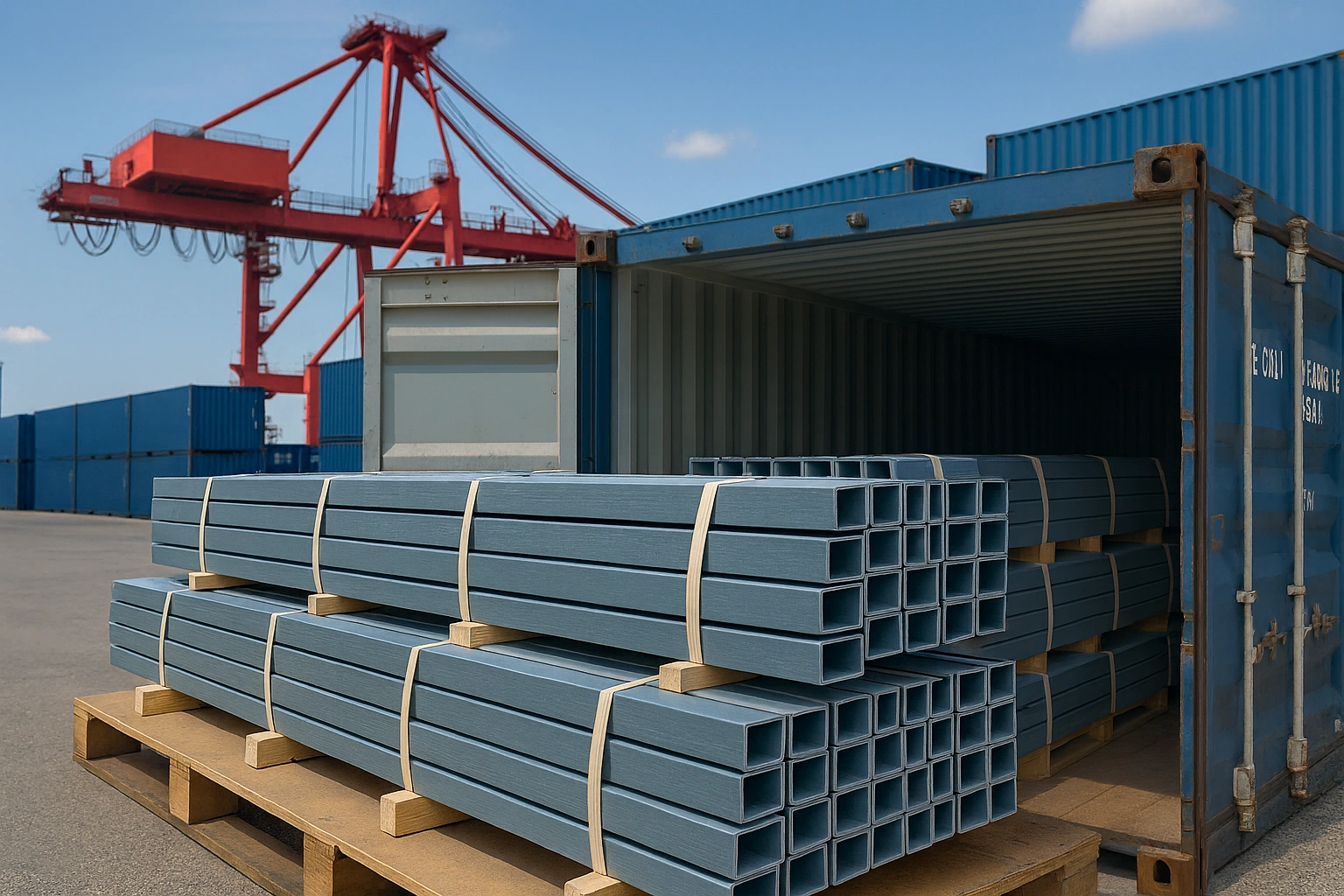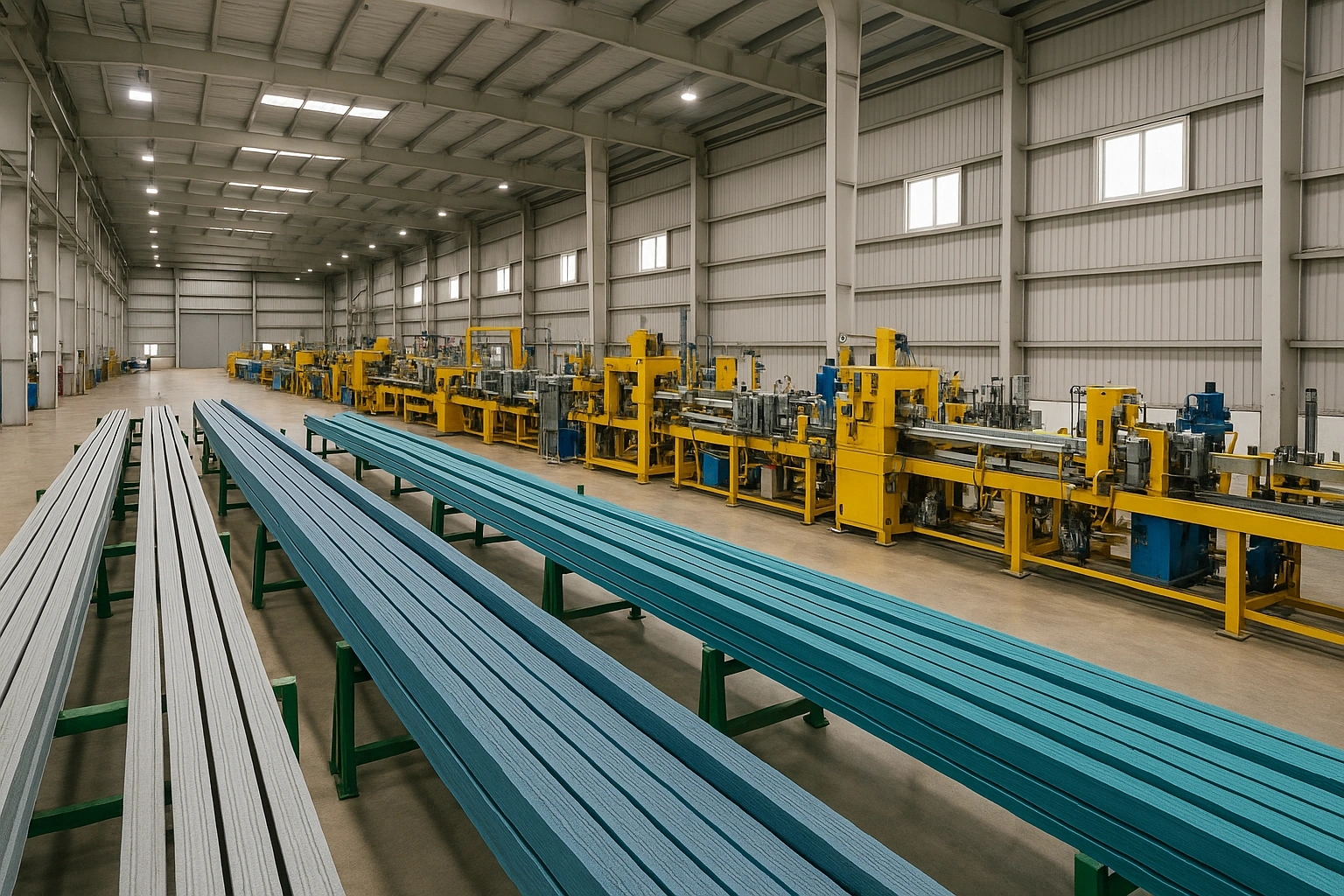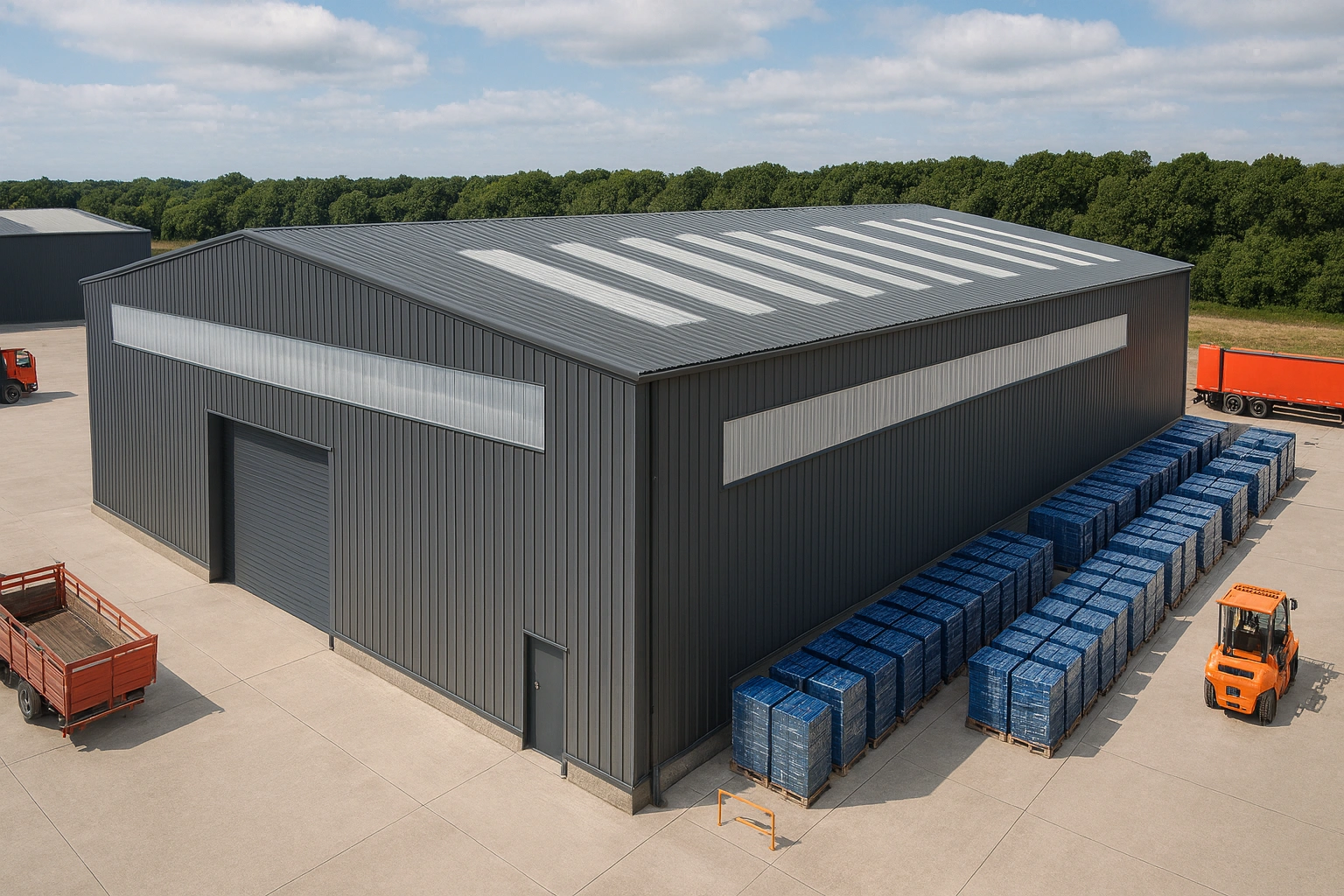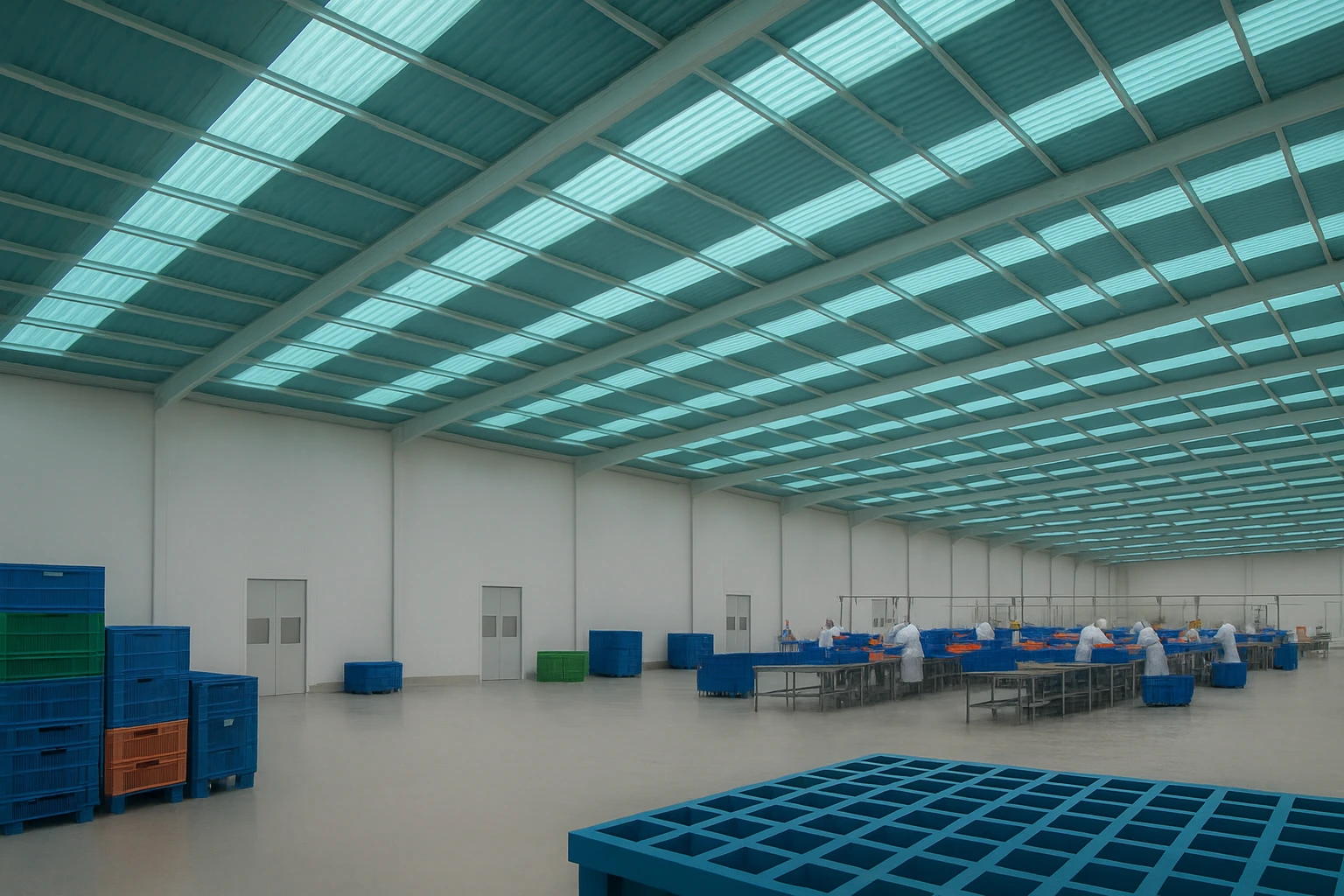Composite materials have become game-changers across various industries, revolutionizing how products are designed, manufactured, and maintained. Known for their unique combination of strength, durability, and lightweight structure, composites are created by combining two or more materials with different properties to achieve a material that excels in performance. Composites are often used in applications that require high strength, corrosion resistance, flexibility, and energy efficiency, making them invaluable in modern industry.
Here, we explore the top 10 industries that benefit the most from composite materials and why these innovative materials have become essential in advancing these sectors.
1. Aerospace Industry
The aerospace industry is one of the largest and earliest adopters of composite materials. In an industry where weight reduction directly translates to fuel savings, composite materials like carbon fiber and fiberglass have become invaluable.
Benefits of Composites in Aerospace:
- Lightweight yet strong: Reducing weight without sacrificing strength is critical in aerospace. Composites make it possible to produce lightweight parts that meet rigorous safety standards.
- Corrosion resistance: Composites are resistant to harsh environmental conditions, such as moisture and temperature extremes, making them ideal for aircraft components.
- Fuel efficiency: Lighter aircraft require less fuel, reducing operational costs and environmental impact.
2. Automotive Industry
The automotive industry has increasingly integrated composite materials into vehicle manufacturing to reduce weight and improve fuel efficiency. Car makers use composites in structural parts, body panels, and interior components.
Benefits of Composites in Automotive:
- Improved fuel efficiency: Lightweight composites help reduce vehicle weight, leading to lower fuel consumption and emissions.
- Enhanced safety: Composite materials can absorb more energy upon impact, which can improve crash safety.
- Design flexibility: Composites allow for complex designs and customization options, enabling manufacturers to create unique car models that stand out.
3. Construction Industry
In construction, composite materials are used to create long-lasting, low-maintenance structures that resist corrosion, weather, and wear. FRP (Fiber Reinforced Plastic) and concrete composites are popular choices in building projects.
Benefits of Composites in Construction:
- Durability: Composites withstand harsh weather conditions and resist corrosion, extending the lifespan of structures.
- Lightweight and easy to install: Composites are lighter than traditional materials like steel or concrete, making installation quicker and reducing labor costs.
- Low maintenance: Composite materials require less upkeep, reducing long-term costs for building owners.
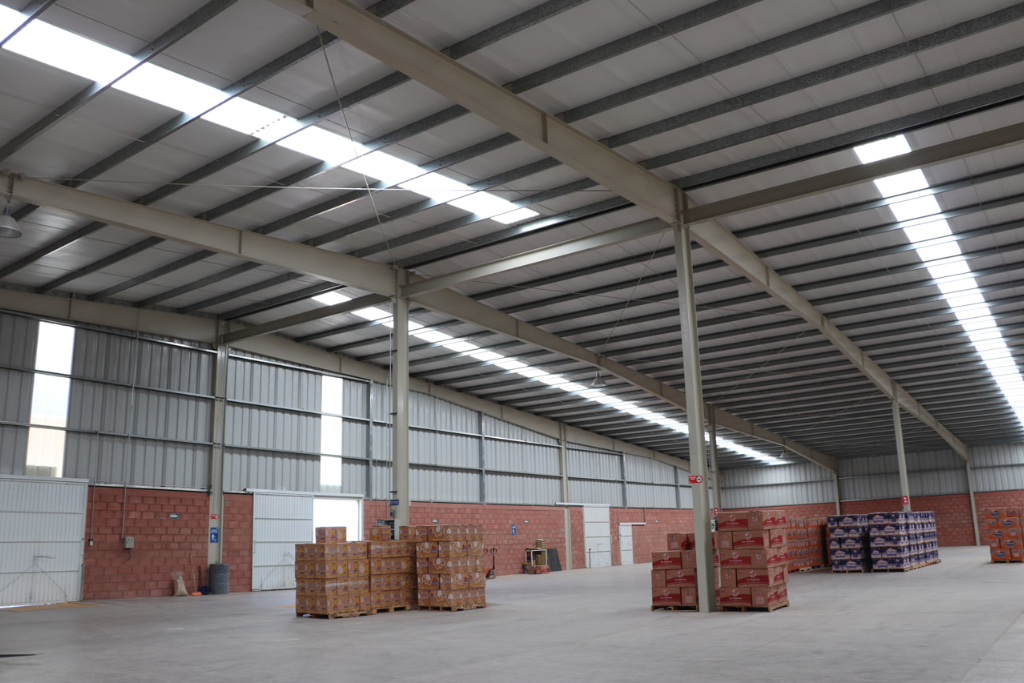
4. Marine Industry
The marine industry has embraced composite materials for their excellent water resistance and lightweight nature. They are commonly used in boat hulls, decks, and superstructures.
Benefits of Composites in Marine:
- Corrosion resistance: Composites do not corrode in saltwater environments, making them ideal for marine applications.
- Improved performance: Lightweight composites improve fuel efficiency, speed, and maneuverability of boats.
- Low maintenance: Composite materials require less maintenance compared to metals, which is beneficial for boats frequently exposed to moisture.
5. Renewable Energy Industry
Composite materials are widely used in the renewable energy sector, particularly in the production of wind turbine blades and solar panel frames. Their lightweight and flexible properties allow for efficient energy capture and durability in extreme weather.
Benefits of Composites in Renewable Energy:
- Strength and flexibility: Composite materials can withstand high winds and varying weather conditions, which is essential for wind turbine blades.
- Longevity: Composites are durable and less prone to fatigue, which is critical for equipment that needs to function reliably over long periods.
- Sustainability: Using composites helps reduce the carbon footprint of energy production, making them ideal for sustainable projects.
6. Sports and Recreation Industry
The sports and recreation industry has seen a significant shift toward composite materials in equipment manufacturing. Composites are used in bicycles, golf clubs, tennis rackets, helmets, and even ski equipment.
Benefits of Composites in Sports:
- Lightweight and high strength: Athletes benefit from lightweight, strong materials that improve performance, speed, and control.
- Enhanced durability: Composite materials can withstand impact and stress, reducing the likelihood of equipment breakage.
- Design flexibility: Composites allow manufacturers to create specialized, high-performance gear tailored to athletes’ needs.
7. Medical Industry
In the medical industry, composite materials are used in prosthetics, surgical tools, and imaging equipment. Their ability to be customized and their strength-to-weight ratio make them ideal for specialized medical applications.
Benefits of Composites in Medical:
- Biocompatibility: Certain composites are biocompatible, making them suitable for implants and prosthetics.
- Lightweight: Lightweight prosthetics are more comfortable and functional for patients.
- Durable and safe: Composite materials are resistant to corrosion and wear, making them ideal for long-term medical applications.
8. Oil and Gas Industry
The oil and gas industry uses composite materials for pipelines, tanks, and offshore platforms. These materials offer exceptional corrosion resistance and durability, which is essential in environments exposed to chemicals, moisture, and high pressure.
Benefits of Composites in Oil and Gas:
- Corrosion resistance: Composite materials are highly resistant to corrosive chemicals, extending the life of pipes and tanks.
- Reduced maintenance: Composites require less frequent maintenance compared to traditional materials, minimizing downtime and operational costs.
- Lightweight and easy to transport: Lightweight composites are easier to handle and install, especially in offshore projects.

9. Telecommunications Industry
In telecommunications, composite materials are used in satellite dishes, antennae, and structural components for towers. Composites offer the necessary strength and resistance to support telecommunication infrastructure in various climates.
Benefits of Composites in Telecommunications:
- Weather resistance: Composite materials can withstand harsh weather conditions, making them reliable for outdoor installations.
- Non-conductive: Many composites are non-conductive, which is an advantage for telecommunications equipment as it reduces interference.
- Lightweight and strong: Lightweight composite components are easier to install on towers and buildings, and their strength ensures durability in high-wind areas.
10. Aerospace Defense Industry
In the defense sector, composite materials are essential for manufacturing aircraft, tanks, and protective gear. Carbon fiber and Kevlar composites are particularly valued for their strength and lightweight characteristics.
Benefits of Composites in Defense:
- Strength-to-weight ratio: Composites provide high strength without adding significant weight, essential for mobility in military equipment.
- Impact resistance: Composites like Kevlar offer excellent impact resistance, which is vital for protective gear and armored vehicles.
- Versatility: Composite materials can be shaped and customized for specific defense applications, from aircraft parts to ballistic-resistant panels.
Why Composite Materials Matter
Composite materials have redefined what’s possible in various industries, thanks to their unique combination of strength, durability, and flexibility. They allow for designs that are both lightweight and resilient, enabling companies to innovate and improve product performance, reduce costs, and meet demanding requirements.
As industries continue to evolve, composite materials will play an increasingly critical role in driving advancements and supporting sustainable practices. Their versatility and performance advantages are making composites an essential component in modern engineering and manufacturing.
Final Thoughts
The use of composite materials is reshaping industries ranging from aerospace to renewable energy, making them a foundational material in countless applications. Companies seeking to improve efficiency, reduce maintenance, and achieve higher performance are turning to composites as the solution. As composite technology continues to advance, more industries will likely discover new ways to incorporate these materials into their operations, opening doors to even greater innovations.
If you’re looking to explore high-quality composite material solutions for your next project, THE FRONT offers a wide range of composite products tailored to meet the demands of various applications. With a commitment to quality, innovation, and customer satisfaction, THE FRONT can provide the expertise and customized solutions to help bring your vision to life.

